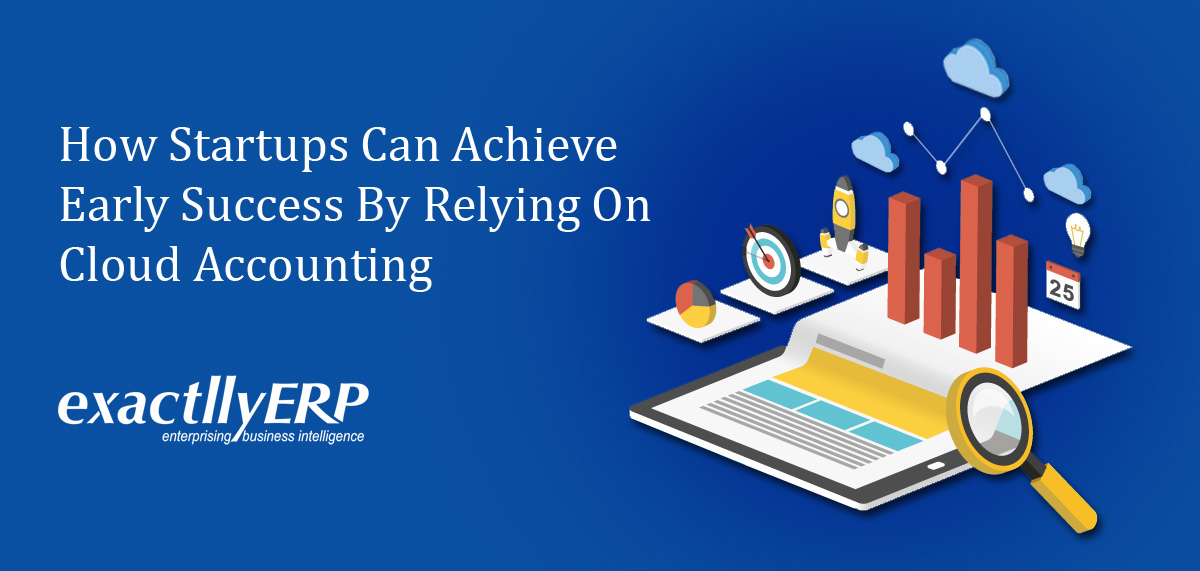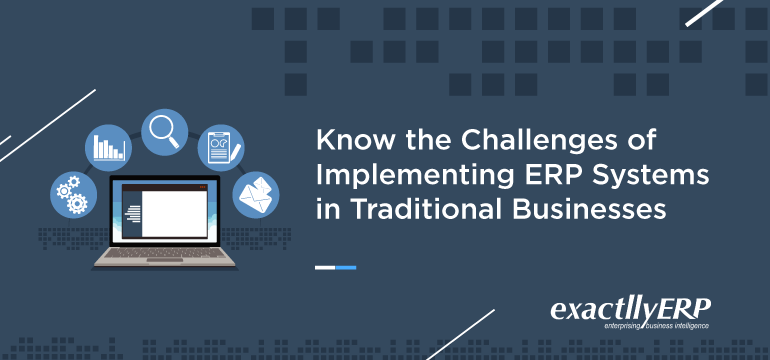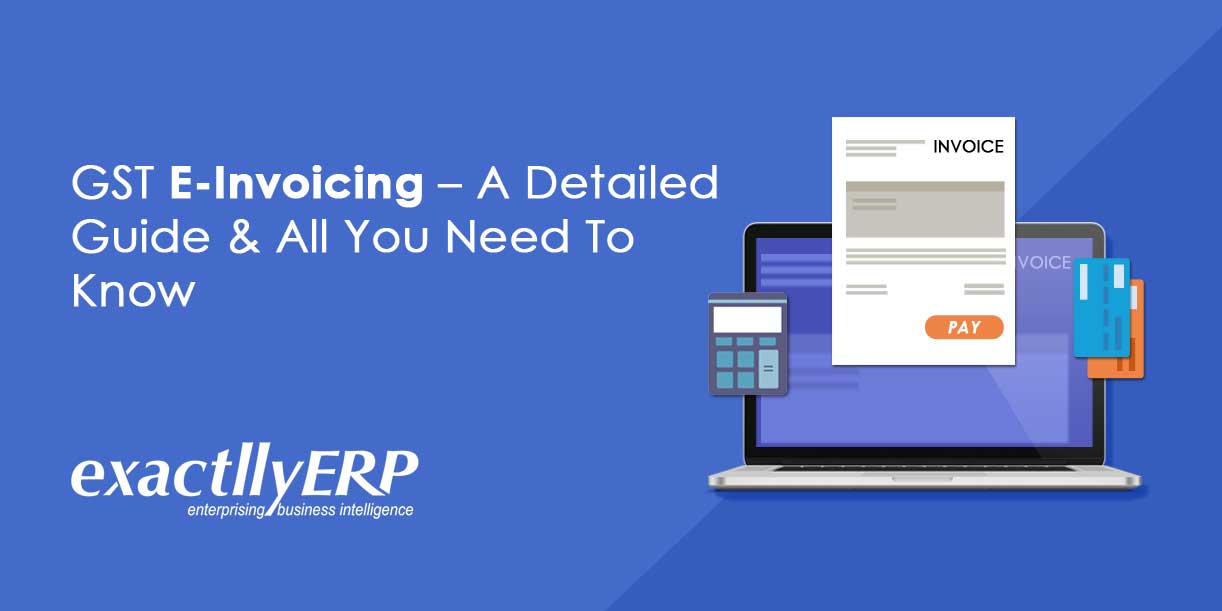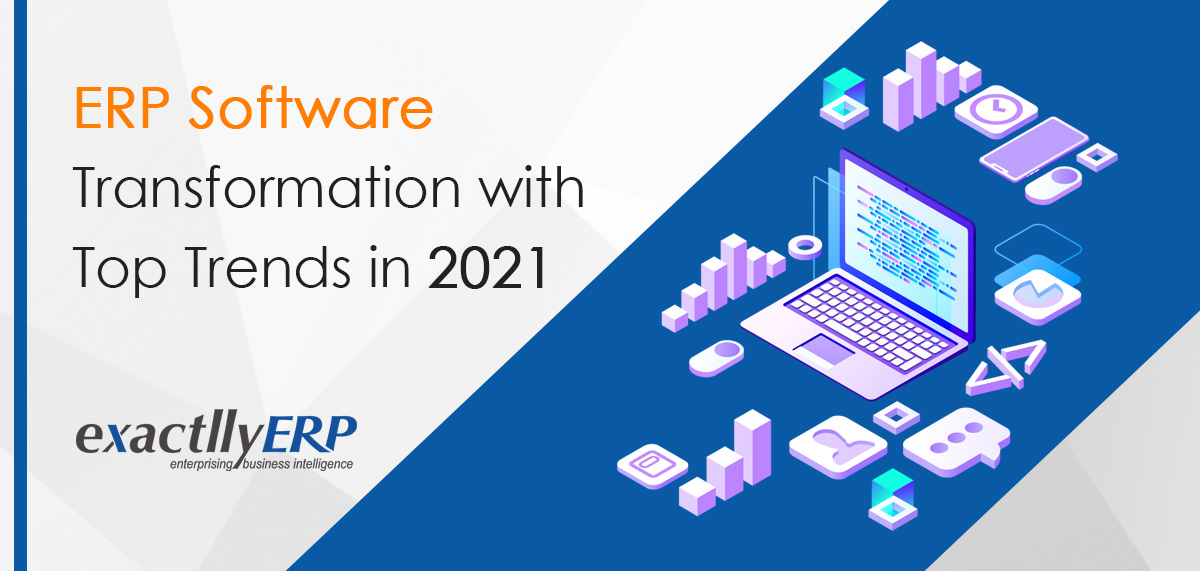How Startups Can Achieve Early Success By Relying On Cloud Accounting

The month of February 2019 feels proud to witness the emergence of more than 550,000 startups. The numbers without any doubt are higher in 2020. But 85% of the small businesses encounter failure due to the challenges associated with cash flow. The concept of startups is gaining much prominence even amidst the pandemic as it lets you be creative as well as remain completely in control. Profit generation at its best is possible when a small business powers itself with a robust accounting system. This guarantees the good management of cash flow. Sometimes businesses begin their accounting with the help of spreadsheets. However, this is a method that can pose errors & needs a huge amount of manual errors.
The current era is witnessing startups utilizing cloud accounting for preventing costly errors, making better decisions, saving time, etc. Not just a small business can be on track but also manage the business finance perfectly with such cloud solutions.
How is cloud accounting beneficial for startups?
- High-end security – Usually small businesses tend to store data in their local systems. But it is quite risky. This is because not just employees can make some errors but the hard disk can also crash that will lead to the destruction of data. But when startups utilize cloud-based accounting software, there are prospects to save data in manifold locations along with sound safety measures. Some of the measures include firewall, antivirus & encryption. Data with this will always remain safe even if a disaster occurs.
- Automatic software upgrades & updates – You might be a software development company, an online startup, or an e-commerce vendor; functioning with the latest technologies & software is paramount. Otherwise, keeping at par with the global standards & meeting client and customer expectations will be impossible. But here is an issue. Whenever businesses upgrade to the latest software version, it will definitely be a cumbersome task. This largely leads to an interruption in work.
A business might keep working on several ERP projects that call for operating with the latest technologies only. Implementing cloud accounting into the system will help save time while upgrading software. Employees can then focus on other projects for more sales orders. The concept of cloud based accounting is gaining prominence for a lot of reasons. It can simply update software in the background without work getting affected.
- Improved business decisions – Initiating a startup in today’s world is a risky affair given to the present competitive business landscape. The startup might fail to satisfy its customers or it might not receive the necessary funding. So in order to ensure success for a startup, it is important to take proper business decisions & at the right time. This calls for organizing updated accounting data. For this, more & more startups are now benefiting from cloud accounting. By this, it is possible to attain better control over resources & accounting data. Also getting updated visuals of the business account is possible. This is especially beneficial for small businesses that are working with ERP in the retail industry. Implementing cloud based accounting in almost every business process is truly the need of the hour.
- Remote access – If data within an organization is only stored in the local systems, employees or the startup head can never access it from outside the workplace premises. However, the times are changing which is making startups adopt technologies like cloud accounting. It helps in accessing the accounting software anywhere, anytime & from all devices. Employee training is also a hassle-free process as using these technologies is quite simple.
- Cost & time savings – 85% of startups fail as they lack proper cash flow. A small business can never find adequate time & cost as per preconceived notion to date. But this kind of thinking is now transforming bit by bit. Realizing the cloud accounting benefits is all a startup needs to enjoy success within a short time span. For instance, small businesses no longer need to buy top-rated hardware & this eradicates capital expenses. ERP business collaboration at its best is also possible with such high-end cloud services. Businesses will not feel the need of deploying an IT team within the office as companies offering cloud services manage challenges linked to infrastructure & hardware. As there are no hassles related to IT, businesses can largely save operational costs & time.
- Multi-user partnership – As we can also see that the CoronaVirus pandemic has forced people to work remotely. However, the key to more productivity & successful business operation calls for team coordination. But when people of teamwork from several locations, it is challenging for them to join forces on accounting data concurrently. For instance, when it comes to projects related to ERP in the construction industry, team coordination is a must as it is the very foundation of well-designed buildings. So now small businesses can benefit from a cloud accounting system that is hosted on the cloud. Thus, team members can now easily pool resources & make modifications in data correspondingly.
Learning the basics of cloud computing:
The wide range of Cloud computing benefits that a startup can enjoy is no longer unfamiliar to the business world. But learning the basics of cloud computing is paramount to be able to implement it correctly.
Cloud computing systems are models for facilitating on-demand & convenient network access to shared resources like servers, applications, networks, storage, services, etc. Provisioning & releasing these resources rapidly is possible with very less management effort. Though cloud computing definitions are manifold this is the one that is widely accepted.
Startup companies can be perceived in various forms. This can also include life-style businesses as well. However, the saying “startup company” is sometimes linked with high growth & also technology-oriented organizations. Funding is very important for all kinds of startups or else operating will be really challenging. Investors are also highly interested in new companies that are distinguished by their scalability & reward or risk profile. This means that these companies include less bootstrapping costs, more potential ROI & higher risk. Successful startups of the current times prove to be more scalable in comparison to established businesses. This is because the startups can grow at a rapid pace even with restricted land, capital investment, or labor.
Major cloud computing benefits for startups are mentioned as below:
- Cloud based computing software can scale as per demand. Scaling the resources up & down from time to time is required as this facilitates speedier growth.
- By implementing cloud computing, businesses can choose not to spend money & time powering, cooling & housing the infrastructure.
- There are some blunt capital costs that a startup will always need to bear. So with the help of cloud computing technology, a business can shift the infrastructure prices from capex to opex.
- When cloud computing is utilized correctly, it will be possible for businesses to spend labor costs on individuals who will better the core business & applications. There will be no need to invest in people who will be running the infrastructure.
- Cloud computing facilitates the ability to match revenue with all the expenditures. Startups only need to pay for resources they will actually use. This for most of the businesses equates to the amount of revenue or traffic it is bringing in.
- Cloud helps companies to reach the market at a rapid pace due to the speedy work put forward by infrastructure & provisioning experts.
Models of cloud infrastructure:
When it comes to cloud based computing, it is important to learn about its various models. The deployment of cloud computing models are:
- Private cloud – Here only one organization utilizes the cloud. The business can incorporate clients, contractors & users. The data center of a company or a third-party provider can own a private cloud. Building a private cloud is possible on a protected portion of a public cloud platform.
- Public cloud – This is the model that witnesses widespread utilization. IT-resources such as storage, apps & virtual machines are put forward by third-party service providers in the public cloud. Startups can easily access such services & tackle these from their account. Google Cloud, Microsoft Azure & IBM cloud are some of the notable examples.
- Hybrid cloud – This is the model that incorporates both the models as mentioned above. Apps & data of an organization can move between public & private clouds for load balancing. This makes the business procedures of startups extremely flexible & results in work optimization in general.
Final Say:
Most of the startups of today’s time bring along innovative concepts. Unlike a regular business, these require a lot of ingenuity without which bringing transformation in the society will be impossible. Startups require automation, updated data & a lot more. Cloud accounting software is the solution to all these requisites. Entrepreneurs can now truly enjoy what they do & bring more productivity to work with cloud based accounting systems.
Engaging in an unperturbed accounting is the need of the hour. Develop a successful startup with exactllyERP that guarantee you safer & stronger accounting endeavors. Contact Us today for a free demo.






